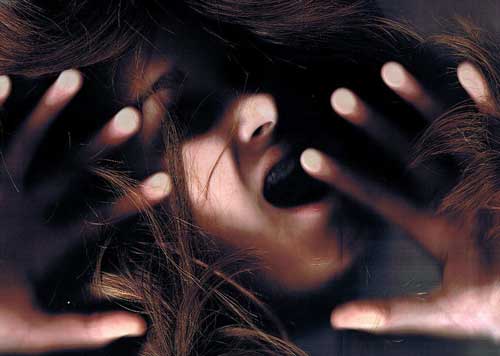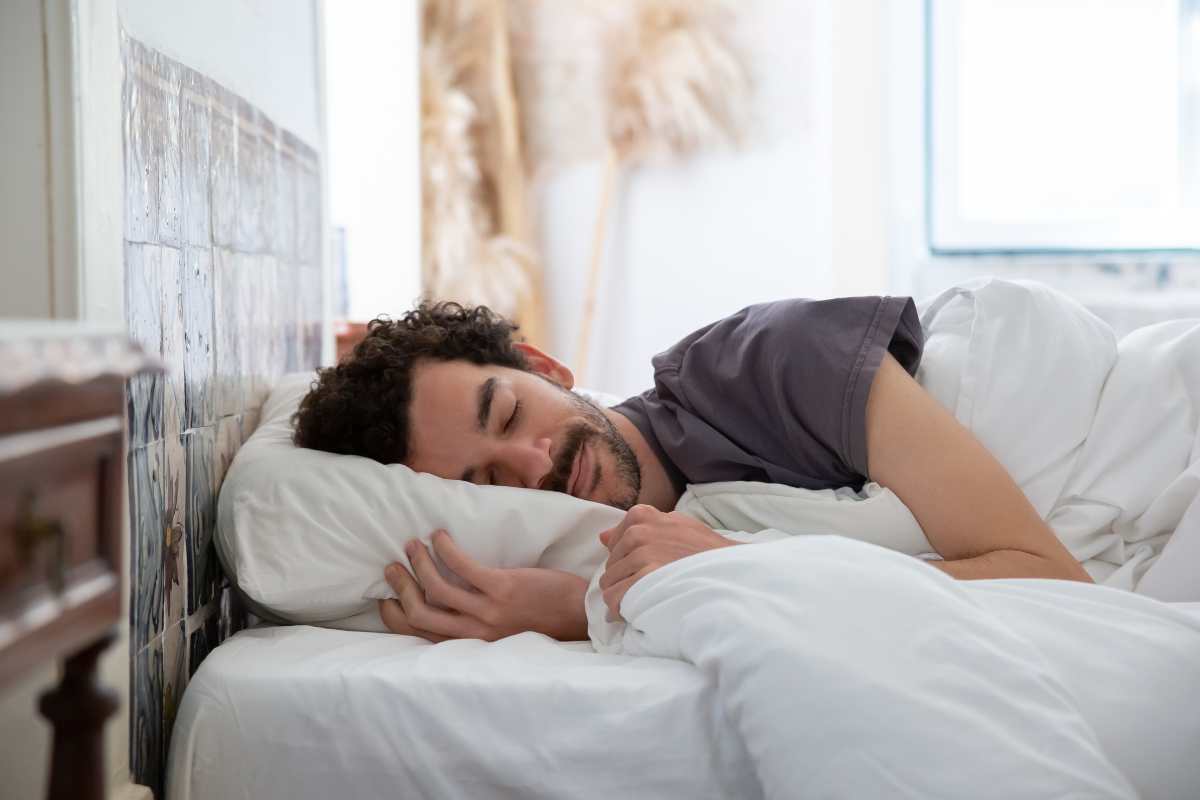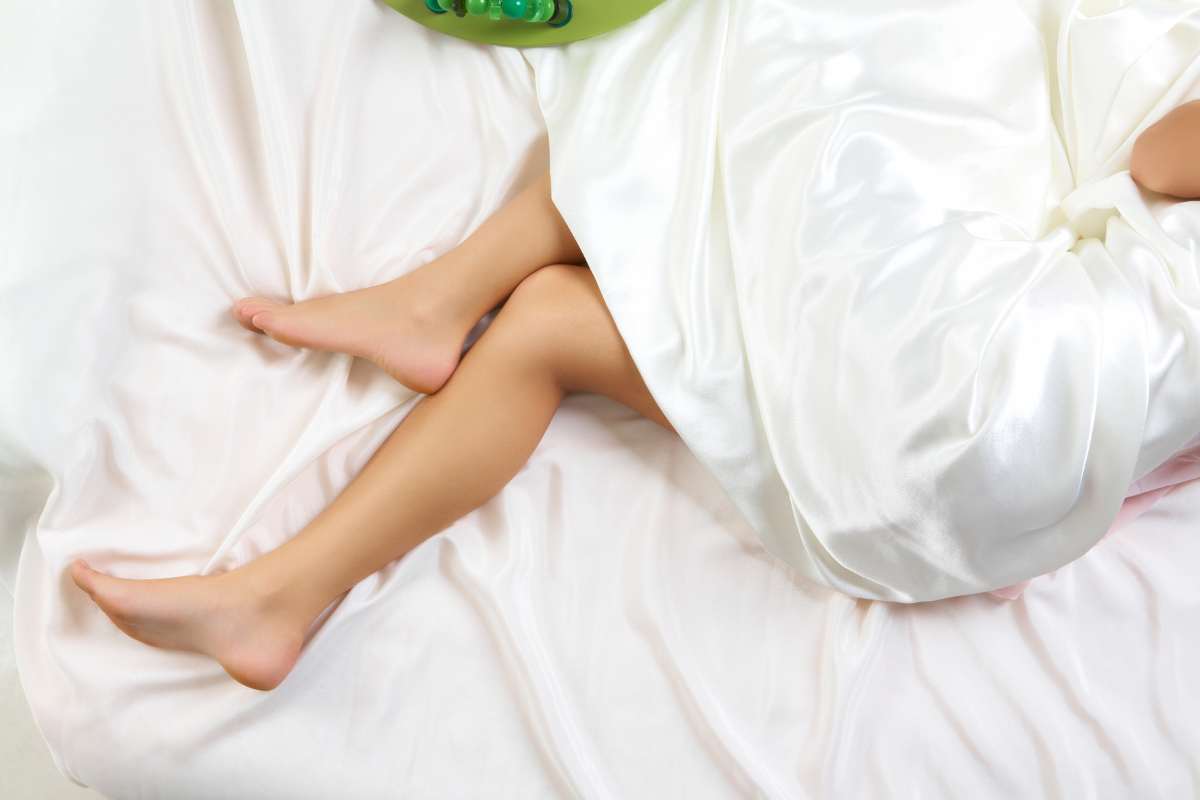Sometimes, you can stop teeth grinding (aka bruxism) by identifying and addressing the original cause. In other cases, the original cause is alleviated, but the habit remains. Here you will learn about the possible causes and how they can be eliminated or addressed.
Stress/Anxiety
Practically everyone endures some degree of stress or anxiety. Particularly stressful periods of time are sometimes the triggers that cause bruxism to begin. For example, a child having a difficult time in school or being stressed out by a sports program might start grinding his or her teeth at night.
Addressing the issue could be as simple as taking time out for stretching exercises, yoga, meditation, biofeedback or other relaxing activities. If an anxiety disorder is present, a doctor may prescribe anti-anxiety medications. The drugs don’t always stop the bruxism, however. Anti-depressants are often prescribed for anxiety disorders and the use of anti-depressants has been associated with bruxism.
Drugs, Alcohol and Cigarette Smoking
In addition to antidepressants, amphetamines and stimulants like Ritalin can cause subconscious clenching of the jaw. If noticed during the daytime, people on those medications can practice relaxing the jaw muscles. It is more of a problem when the clenching occurs during sleep. Then it becomes a sleep disorder.
The nicotine in cigarette smoke is a stimulant. Stimulants can cause stress in any body part, leading to the sub-conscious contraction of a muscle. If you are a smoker, you may be able to stop grinding teeth by quitting cigarettes. Second hand smoke could also cause the problem.
Although the connection is not clearly understood, at least one study1 has shown that alcohol intake is associated with jaw muscle movement during sleep. The study was conducted in Tokyo. The volunteers consisted of 60 healthy females between the ages of 21 and 32. The study showed that the amount of jaw clenching during sleep increased significantly when the women consumed alcohol.
The increased activity was directly related to the alcohol content; the higher the alcohol content, the more the muscle activity. So, if you are a woman and you drink, choosing alcoholic beverages with low alcohol content such as wine coolers or non-alcoholic beers could help you stop teeth grinding at night.
Although we don’t always think of it as a drug, caffeine is also a stimulant. Excessive caffeine consumption is known to cause increased stress, anxiety and contribute to sleep disorders. Cutting back on caffeine could be the solution you need to stop grinding teeth.
Illnesses and Disorders
Bruxism has been associated with Huntington’s and Parkinson’s disease. The diseases are characterized by muscle spasms. Obsessive compulsive disorder has also been known to be the underlying cause of the problem. The medications used to treat the illness or disorder may help.
Stop Teeth Grinding Habit
Sometimes, bruxism starts out as a daytime habit. It is relatively common among young children. If the daytime habit goes unchecked, the subconscious part of the brain can repeat the activity over and over throughout the night.
If no other cause can be identified, the condition probably started out as a conscious or subconscious daytime habit. Eliminating habitual bruxism is more difficult.
Dental guards are often recommended to stop grinding teeth at night. The guards reduce the wear and tear on the tooth enamel. If no measures are taken, the activity can eventually cause the erosion of tooth enamel, leaving the pulp and dentin exposed. That is very painful.
Behavior modifications including the use of biofeedback and similar therapies for breaking bad habits have been somewhat successful.
Nutrients Can Help Stop Teeth Grinding
Bruxism is not a classic sign of nutritional deficiency, but may be a sign that there is a lack of certain nutrients in a person’s diet. Some nutrients that may help stop teeth grinding include calcium, pantothenic acid and magnesium. Magnesium is also beneficial for restless leg syndrome. So, your first step could be to take a good multi-vitamin and mineral formula.
Related Articles:









New! Comments
Share your tips and feedback. Leave me a comment in the box below.